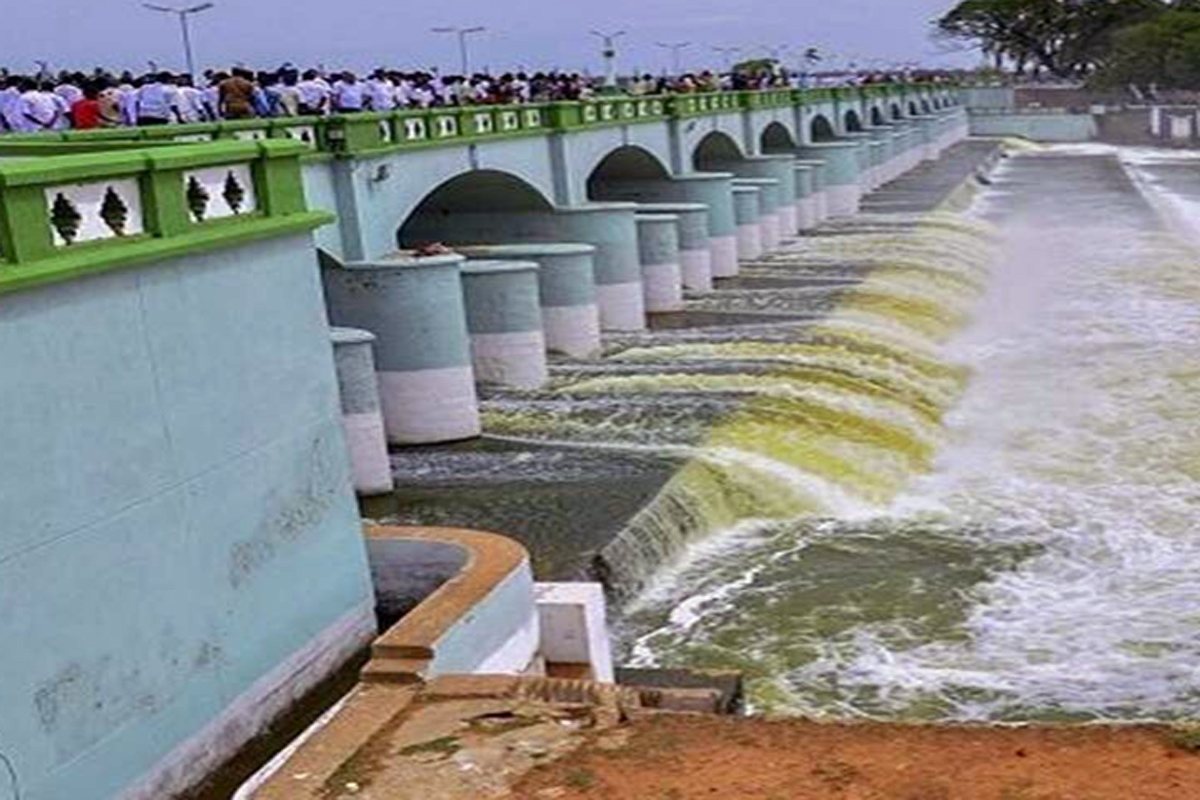Siliguri mayor opens Rs 204cr drinking water supply project
Siliguri mayor Goutam Deb today formally inaugurated the first phase of the second major drinking water project under the "Amrut 2.0" scheme at Gajoldoba in Jalpaiguri.
It is estimated that after supplying 192 tmc ft water to Tamil Nadu as per the agreement between the two states, another 250 tmc ft water flows to Tamil Nadu and joins the sea

SIR, Please refer to today’s editorial, ‘Mekedatu mendicants’. Tamil Nadu’s objections to Karnataka’s plan to construct a reservoir in Mekedatu across river Cauvery is politically motivated and defies logic.
Bengaluru, Silicon Valley of India, faces acute shortage of potable water despite enhanced infrastructure to draw water from the Cauvery river.
It is validated by the fact that Bengaluru is included in the global list of cities likely to run out of water, while BBC had reported in 2018 that Bengaluru was one of the cities likely to reach ‘ground zero’ conditions soon. Also, districts around the city like Kolar, which receives very low rainfall, and Ramanagara face acute shortage of drinking water.
Going forward, it is estimated that after supplying 192 tmc ft water to Tamil Nadu as per the agreement between the two states, another 250 tmc ft water flows to Tamil Nadu and joins the sea. The Karnataka government wants to tap this additional water and use it for drinking water needs.
The proposed dam across Mekedatu aims to store 67 tmc ft of water only when there is excess rainfall and 4 tmc ft of water would be utilised only for drinking purpose and strictly not for irrigation. Karnataka also commits that If there is less rainfall in any year, water from this reservoir would be released to make up Tamil Nadu’s share.
However, it is befuddling that these factors cut no ice with lower riparian states and they continue to show blind opposition to the drinking water project.
Advertisement